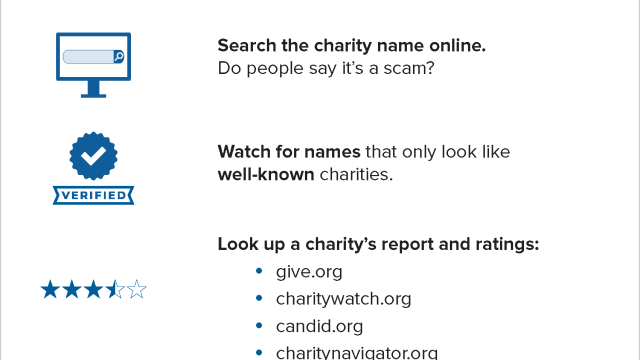Consumer Alert
So an online scam is NOT what you ordered?
This time of year, you’re probably buying lots of things online. Gifts, decorations, food! But what if something you’ve ordered shows up different than advertised? Or damaged? Or never comes at all? If so, you’re not alone.

